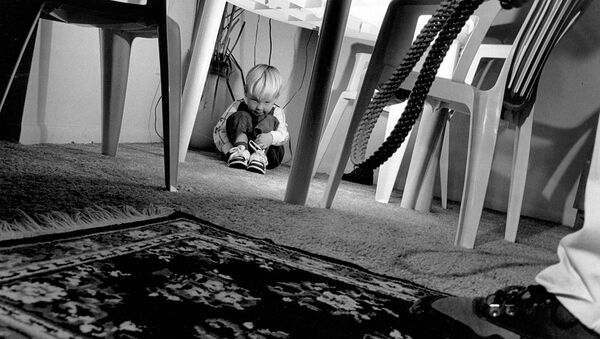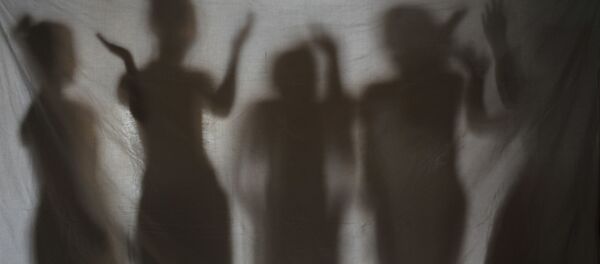Germany’s Justice Minister Christine Lambrecht, representing the Social Democrats, is planning to allow investigators to use computer-generated child porn in order to penetrate Darknet forums used by paedophiles.
As Die Welt reports, during an expert hearing by the Legal Committee of the country’s parliament, Freiburg's Chief of Police Peter Egetemaier acknowledged that in order to gain access to the online dens that child abusers use to communicate and spread their materials, one needs to provide some illicit content too. Investigators therefore often remain locked out because of this “chastity test”, as the trick is cynically called, because spreading child porn is illegal.
At the same time, so-called "deepfakes" are said to look deceptively real, but do not show real children. Thus, this might be helpful to gain access to those paedophile networks that are currently inaccessible to police intervention.
"The machine is taught by feeding it with pictures of real existing humans. From this data, it then creates artificially-generated bodies and faces. These pictures are very close to reality", Professor of Bioinformatics at the University of Mittweida Dirk Labudde said.
Debate about whether detectives should be allowed to use computer-generated clips mimicking child porn has been ongoing for some time. In 2018, a conference of German states’ justice ministers called on the country’s Justice Ministry to examine the use of deepfake images for this purpose. The Federal Council supported the idea. In coordination with the Federal Criminal Police Office, Justice Minister Christine Lambrecht (SPD) now wants to push for legal changes.
"The investigators will be able to use computer-generated images in the future if there is no other way to probe the case. These computer-generated images are deceptively similar to real images but never show real children. We are now creating the legal basis for this", the minister told Die Welt.
She noted that one must never forget that there are terrible acts of child abuse behind pornographic images of children.
“I want to give the investigators all the instruments permitted under the rule of law, so that the perpetrators, as well as those who support such deeds and run these portals, can be quickly identified and sentenced", she said, adding “We must do everything in our power to fight these terrible deeds".
No to Fighting Crime With Crime
The governing coalition, which includes the SPD and Christian Democrats CDU/CSU, has agreed to support an amendment to a draft bill tightening the so-called cybergrooming law against luring children for sex, which is being discussed in the Bundestag now. The draft bill was adopted at the first reading, so the modified version is expected to be voted on before Christmas.
"The criminal experts involved in hearings have convinced us that the tactical posting of images is essential to get into the criminal circles", SPD political spokesman Johannes Fechner told the outlet.
Political spokeswoman for the CDU Elisabeth Winkelmeier-Becker shared his stance, saying: "If we are serious about combating child abuse on the Internet, then the investigators must have the necessary technical and legal resources".
Notably, even the Alternative for Germany party, which is in the opposition, supports the legal changes, as its member Roman Reusch revealed, saying that it would be "indispensable in order to be able to make progress in this field of crime".
However, the method has raised concern within the FDP, whose deputy leader of its parliamentary group Stephan Thomae noted that the goal should be to “clean the Internet of child pornography materials, and not to enrich it with computer-generated materials, even if it is purely fictional representations".





